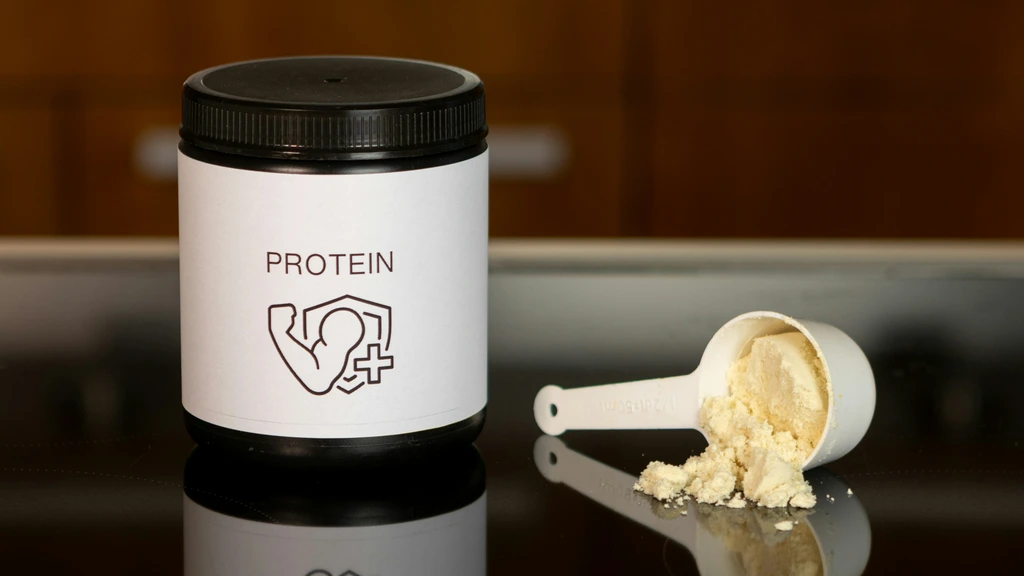When it comes to working out, many people focus on their exercise routine and nutrition, but often overlook the role of vitamins in their fitness journey. Vitamins are essential nutrients that our bodies need to function properly. They play a crucial role in energy production, muscle recovery, and overall health. In this article, we will explore whether you should take vitamins when working out and how they can benefit your fitness goals.
The Importance of Vitamins for Exercise
Vitamins are micronutrients that are required in small amounts but are essential for various metabolic processes in the body. When we exercise, our bodies undergo oxidative stress and produce free radicals. These free radicals can damage our cells and tissues. Vitamins, particularly antioxidants like vitamin C and E, help neutralize these free radicals and protect our cells from damage.
Furthermore, vitamins play a crucial role in energy production. B vitamins, for example, are involved in converting food into energy. They help break down carbohydrates, fats, and proteins, which are the primary sources of fuel for our workouts. Without adequate B vitamins, our energy levels can suffer, leading to fatigue and poor performance.
The Benefits of Vitamin Supplementation
While it’s ideal to obtain vitamins from a balanced diet, supplementation can be helpful, especially if you have specific nutrient deficiencies or unique dietary restrictions. Here are some potential benefits of vitamin supplementation for workout enthusiasts:
- Improved Energy Levels: B vitamins, such as B12 and B6, are often associated with increased energy levels. Supplementing with these vitamins can help combat fatigue and support optimal energy production for your workouts.
- Enhanced Recovery: Vitamins like vitamin C and E have antioxidant properties that can aid in muscle recovery. By reducing oxidative stress, these vitamins can help minimize muscle damage caused by intense exercise, allowing for faster recovery.
- Stronger Immune System: Intense exercise can temporarily suppress the immune system, making you more susceptible to illnesses. Vitamins A, C, and D are essential for immune function and can help strengthen your immune system, reducing the risk of getting sick.
- Joint Health: Some vitamins, such as vitamin D and vitamin K, play a crucial role in maintaining healthy bones and joints. If you engage in high-impact exercises or lifting weights, supplementing with these vitamins may support your joint health and prevent injuries.
Consult a Healthcare Professional
While vitamin supplementation can be beneficial, it’s important to note that everyone’s nutritional needs are different. If you’re considering adding vitamins to your workout routine, it’s best to consult a healthcare professional or a registered dietitian. They can assess your individual needs and recommend the most appropriate vitamins and dosages for your specific goals and circumstances.
Vitamins play a vital role in supporting overall health and wellbeing, including your exercise performance. While it’s always recommended to obtain nutrients from a balanced diet, vitamin supplementation can be beneficial, especially if you have specific nutrient deficiencies or unique dietary restrictions. However, it’s important to consult a healthcare professional before starting any new supplementation regimen. They can guide you in determining the right vitamins and dosages that align with your fitness goals and overall wellbeing.











Discussion about this post